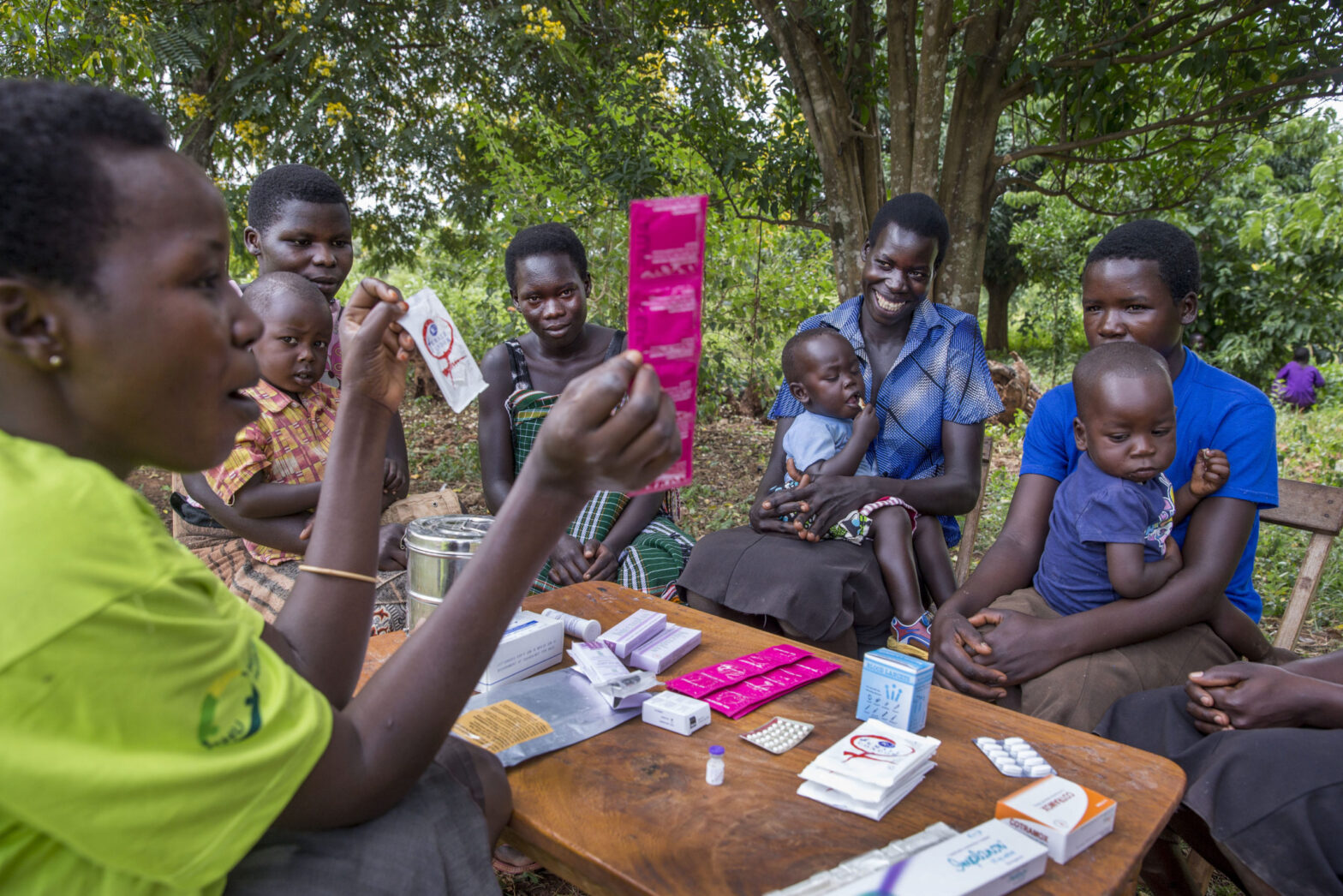If the COVID-19 pandemic has taught us anything, it’s that everyone’s health is deeply interconnected. We recognized this in the Sustainable Development goals, in SDG3: good health and well being for all. But we will never achieve this goal by segmenting people and their health care. This applies to family planning as well. For too long, family planning has been siloed as a “women’s issue,” but if the most excluded and stigmatized people in our communities can’t use the family planning services available, we won’t succeed in meeting our family planning goals.
Month: June 2021
Two Years Later, And Still So Far To Go Toward Meaningfully Integrated Care
Reflections on the anniversary of the ECHO study
Family Planning is not just for “old and married people”: Reflections on the challenges and realities of misinformation around family planning and HIV from EGPAF’s Committee of African Youth Advisors
We are young people living with HIV from 11 African countries who make up the Elizabeth Glaser Pediatric AIDS Foundation’s Committee of African Youth Advisors (CAYA). In our respective countries, we hold different roles such as peer educators, youth champions, and youth advocates. We also actively engage in dialogues about adolescent and youth reproductive health at national and local levels.
Introduction of long-acting family planning method to USAID and UNFPA Product Catalogs
The levonorgestrel-releasing intrauterine device (IUD), also known as the hormonal IUD or hormonal intrauterine system (IUS), has been added for the first time to the U.S. Agency for International Development (USAID)'s Product Catalog and the United Nations Population Fund (UNFPA) Product Catalog.
Faith-Based Advocacy for Family Planning Works: Evidence From Kenya and Zambia
It is often assumed that religion has a negative influence on family planning (FP), yet virtually all faith traditions support the concept of healthy timing and spacing of pregnancy. Interfaith support for FP exists, as shown in the Interfaith Declaration to Improve Family Health and Wellbeing, which was signed by a committee of Christian, Muslim, Hindu, and Buddhist leaders, to promote using their networks to promote healthy timing and spacing of pregnancies.
Displaced Rohingya navigate new parenthood in Bangladesh
According to a survey, non-facility childbirth, which heightens the risk of injury and death, has fallen in the past few decades in Bangladesh. Half are now institutional deliveries, a major driver of the increase in deliveries by medically trained providers.
Accelerating Quality Family Planning Services
The WHO FP Accelerator project supports partners and ministries of health (MoH) to accelerate quality and rights-based family planning (FP) services within the broader frameworks of the Sustainable Development Goals (SDGs), Universal Health Coverage (UHC) and the WHO 13th Global Programme of Work (GPW13). The project contributes specifically to attainment of SDG targets 3.1, 3.7 and 5.6, and to the GPW13 goal of 1 billion more people covered by UHC. The WHO-FP Accelerator Project is coordinated by the Contraception and Fertility Care (CFC) Unit in the WHO Department of Sexual and Reproductive Health and Research (WHO/SRH) and implemented with WHO’s Regional and Country offices
A New Path Towards Institutionalizing Meaningful Youth Participation: How to Move from Promises to Practices
Most organizations who work with and for young people strive to genuinely involve young people in their work—after all ‘nothing about us, without us’ is a slogan we’ve heard time and time again. This serves as a reminder that if you want programs and policies targeted at young people to work, you must have youth’s full and meaningful participation.






